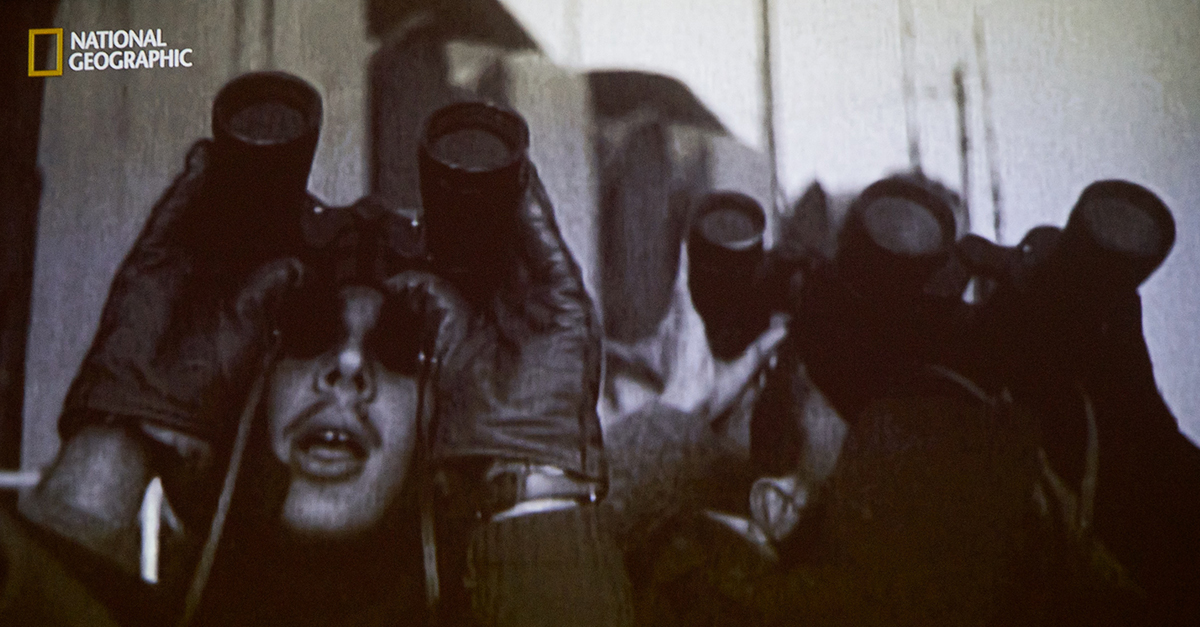
Special landing on the moon: Roberto Battiston presents the documentary National Geographic in BBS
19 July 2019July 20, 1969, a date that changed history. At 8:17 pm of that distant summer evening, the astronauts Neil Armstrong and Buzz Aldrin held the whole world in suspense as they trampled the lunar surface. On the occasion of the fiftieth anniversary of the Apollo 11 space mission, Bologna Business School paid tribute to the first landing on the Moon, projecting for its own community Apollo: Mission To The Moon, the National Geographic signed documentary and presented for the occasion by Roberto Battiston.
Full professor of Experimental Physics at the University of Trento and President of the Italian Space Agency (ASI) from 2014 to 2018, Roberto Battiston introduced the movie built from original documents of the time through a brief historical excursus.
Starting from a graph that takes stock of the first attempts to conquer space by the Russians then overcome by the Americans at Kennedy’s will, it is possible to see how the American industrial and economic machine began to exceed that of the Soviet Union from the end of the fifties.
The years preceding that fateful 1969 are studded with a myriad of events relevant to the whole of humanity: from the Sputnik of October 4, 1957, to the first nuclear bomb of 1958, from the birth of NASA in the same year and the first nuclear test of the French of the 60s, passing through the disaster of Medley that involves the death of 70 people at the explosion of the ZAR bomb in 1961.
Starting from a graph that takes stock of the first attempts to conquer space by the Russians then overcome by the Americans at Kennedy’s will, it is possible to see how the American industrial and economic machine began to exceed that of the Soviet Union from the end of the fifties.
The years preceding that fateful 1969 are studded with a myriad of events relevant to the whole of humanity: from the Sputnik of October 4, 1957, to the first nuclear bomb of 1958, from the birth of NASA in the same year and the first nuclear test of the French of the 60s, passing through the disaster of Medley that involves the death of 70 people at the explosion of the ZAR bomb in 1961.
A crescendo of tests and scientific progress that coincides with the speech of John Fitzgerald Kennedy in 1962, when the then President proclaimed: “We choose to go to the Moon in this decade and do even more things, not because they are easy challenges, but precisely because they are difficult “.
Crucial 1963, which sees the succession of the Cuban crisis on the one hand and on the other of the nuclear blockade treaty that sanctions the stop to the nuclear nuclear texts, in addition to a timid attempt by the President to start a joint mission between Russia and America to the discovery of the Moon, readily declined by the Soviets.
A climax of tensions, clashes, discoveries, progress, steps forward and steps back to the most important step, the one on the Moon, accompanied by enthusiasm and apprehension on a planetary scale.
The Apollo: Missione Luna documentary reconstructs the landing on the Moon not from today’s point of view, but through television services and radio broadcasts of the time, amateur videos and NASA officials and audio from the control center never heard before. There are also some anecdotes emphasized by Roberto Battiston to better contextualise the whole, such as the period of quarantine to which astronauts are subjected once they return from the mission. Or the sentence passed to the story pronounced by Armstrong and Aldrin when he is asked at the customs office where they come from: “We come from the Moon”.
Fifty years later we do not know what the next steps will be towards the unknown. What is certain is that the landing on the Moon has marked entire generations and continues to fascinate everyone.
